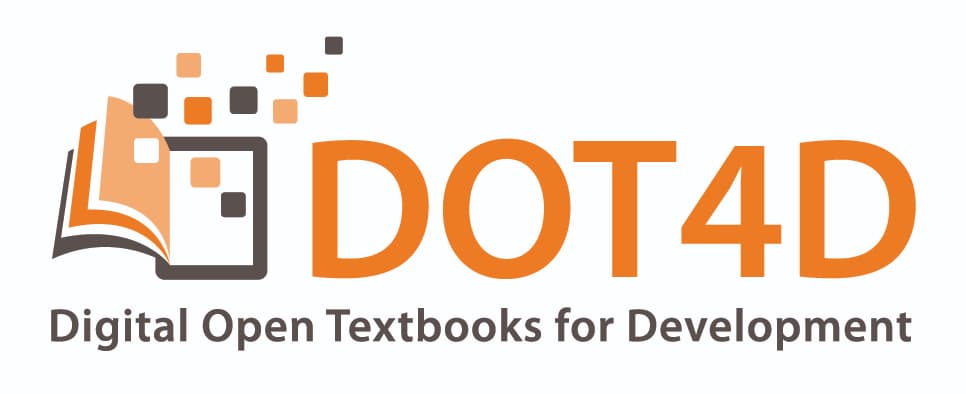Glenda Cox (University of Cape Town), Maha Bali (American University in Cairo), Judith Pete (Tangaza University College), Bianca Masuku (UCT), Michelle Willmers (University of Cape Town)
This interactive activity addresses Action Area 5 of the UNESCO OER Recommendation, “Promoting and reinforcing international cooperation”, specifically as relates to open textbook publishing in Africa.
Open textbooks are an important phenomenon in the global higher education landscape with compelling affordances around cost savings and content development approaches that address localisation and decolonisation of the curriculum.
Hosted by the Digital Open Textbooks for Development (DOT4D) project in collaboration with experienced open education practitioners at two African universities, the purpose of this activity is to begin a conversation between key stakeholders who are involved in or have a potential interest in open textbook production in Africa.
This 90-minute interactive session will feature inputs from DOT4D, hosting partners and international collaborators from the DOT4D global network in order to stimulate the conversation with lessons learned and expertise gained to date. The session will also engage participants in a discussion on a range of topics related to open textbook development in the African context, including authorship, publishing and quality assurance models; dynamics related to translation and reuse of open textbooks; capacity development; and continental collaboration.
The “Open Textbooks in Africa” session is aimed at anyone interested in the role of open textbooks for promoting social justice, OER and open textbook advocates working in African higher education institutions, and potential funders of work in this area.
Extended abstract: OE_Global_2021_paper_137.pdf 📄
Activity Details
UNESCO OER Action Area: Facilitating international cooperation
Format: Asynchronous Interactive Activity
Language: English
Participate
This activity can be completed at any time during (or after) the conference.
Instructions and materials for the activity will be added below by the authors. They will provide specific details on how to participate and what to share back as a response to the activity.

